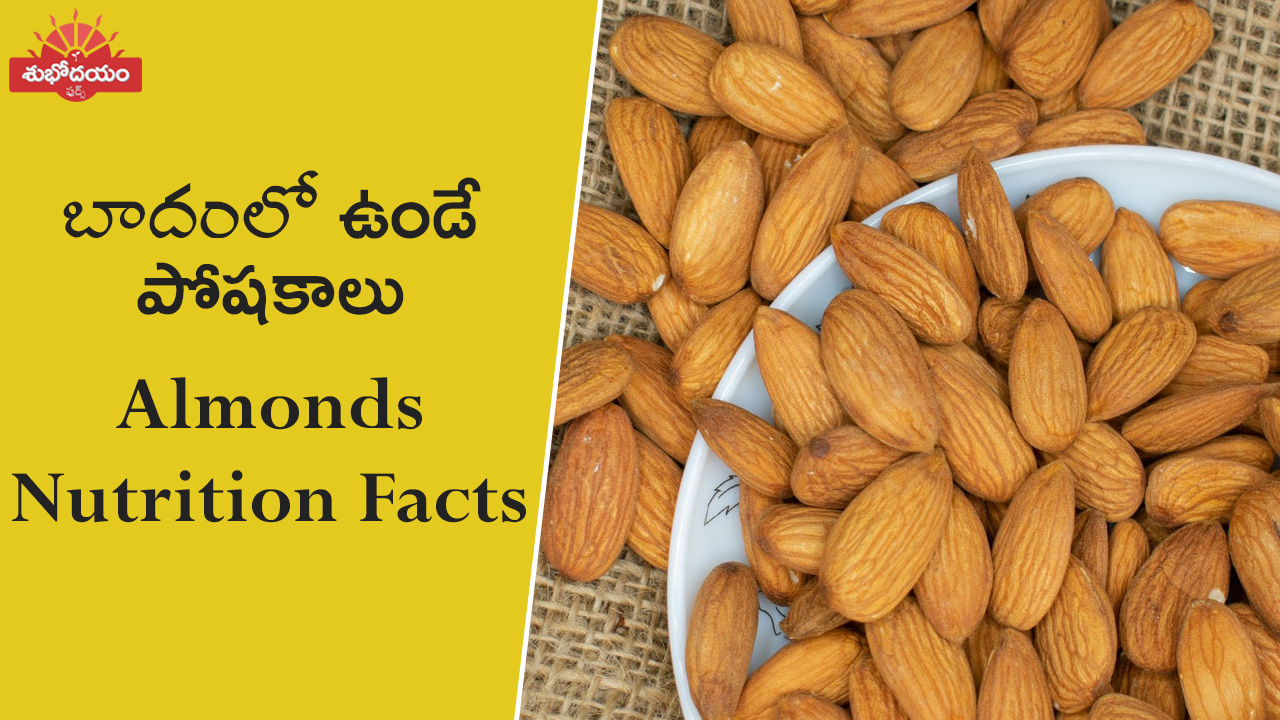UNVEILING THE NUTRITIONAL POWER OF ALMONDS: ALMONDS NUTRITION FACTS
Almonds are a versatile and delicious nut that is packed with a variety of essential nutrients. They are a great source of healthy fats, protein, and fiber, and are also rich in vitamins and minerals such as vitamin E, magnesium, and potassium.
One of the most notable benefits of almonds is their high content of monounsaturated fats, which have been shown to help lower bad cholesterol levels and reduce the risk of heart disease. Almonds are also an excellent source of vitamin E, which is a powerful antioxidant that helps protect cells from damage caused by free radicals.
In addition to their nutritional benefits, almonds are also a great food for weight management. They are low in calories and high in fiber, which can help you feel full and satisfied for longer periods of time, making them a great snack option for those trying to lose weight.
Almonds also provide a variety of other health benefits, including:
When it comes to incorporating almonds into your diet, there are many delicious and easy ways to do so. Some popular options include:
It is important to note that, like any food, almonds should be consumed in moderation as part of a balanced diet. While they are a healthy food option, eating too many almonds can lead to weight gain and other health problems.
Overall, almonds are a nutritious and delicious food that can be enjoyed in a variety of ways and offer many health benefits. Whether you're looking to lower cholesterol, reduce inflammation, or simply add a tasty snack to your diet, almonds are a great choice.
One of the most notable benefits of almonds is their high content of monounsaturated fats, which have been shown to help lower bad cholesterol levels and reduce the risk of heart disease. Almonds are also an excellent source of vitamin E, which is a powerful antioxidant that helps protect cells from damage caused by free radicals.
In addition to their nutritional benefits, almonds are also a great food for weight management. They are low in calories and high in fiber, which can help you feel full and satisfied for longer periods of time, making them a great snack option for those trying to lose weight.
Almonds also provide a variety of other health benefits, including:
- Promoting healthy skin and hair
- Improving blood sugar control
- Reducing inflammation
- Supporting brain health
When it comes to incorporating almonds into your diet, there are many delicious and easy ways to do so. Some popular options include:
- Eating a handful of almonds as a snack
- Adding chopped almonds to cereal or yogurt
- Using almond butter as a spread on toast or crackers
- Baking with almond flour for a gluten-free option
It is important to note that, like any food, almonds should be consumed in moderation as part of a balanced diet. While they are a healthy food option, eating too many almonds can lead to weight gain and other health problems.
Overall, almonds are a nutritious and delicious food that can be enjoyed in a variety of ways and offer many health benefits. Whether you're looking to lower cholesterol, reduce inflammation, or simply add a tasty snack to your diet, almonds are a great choice.

















